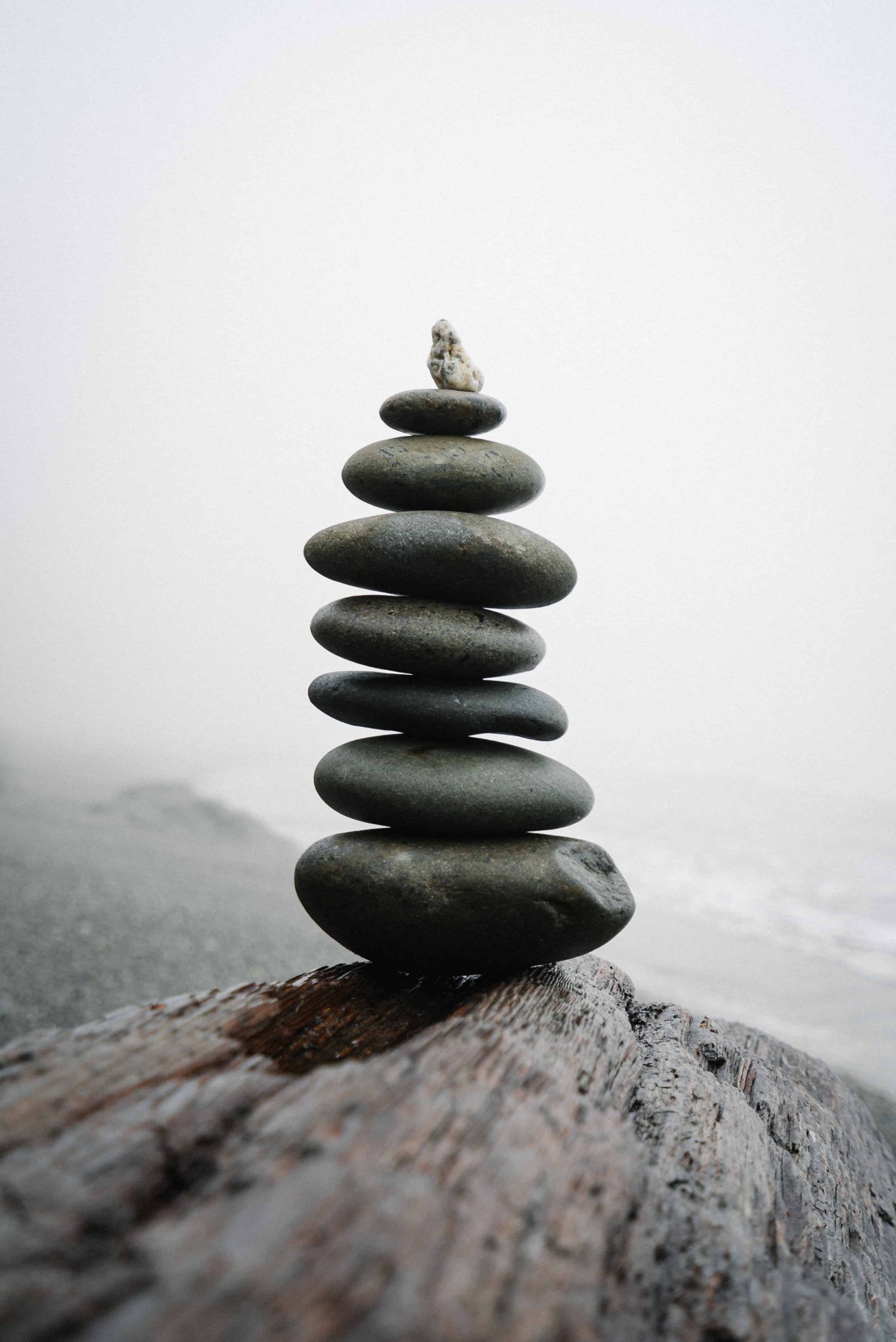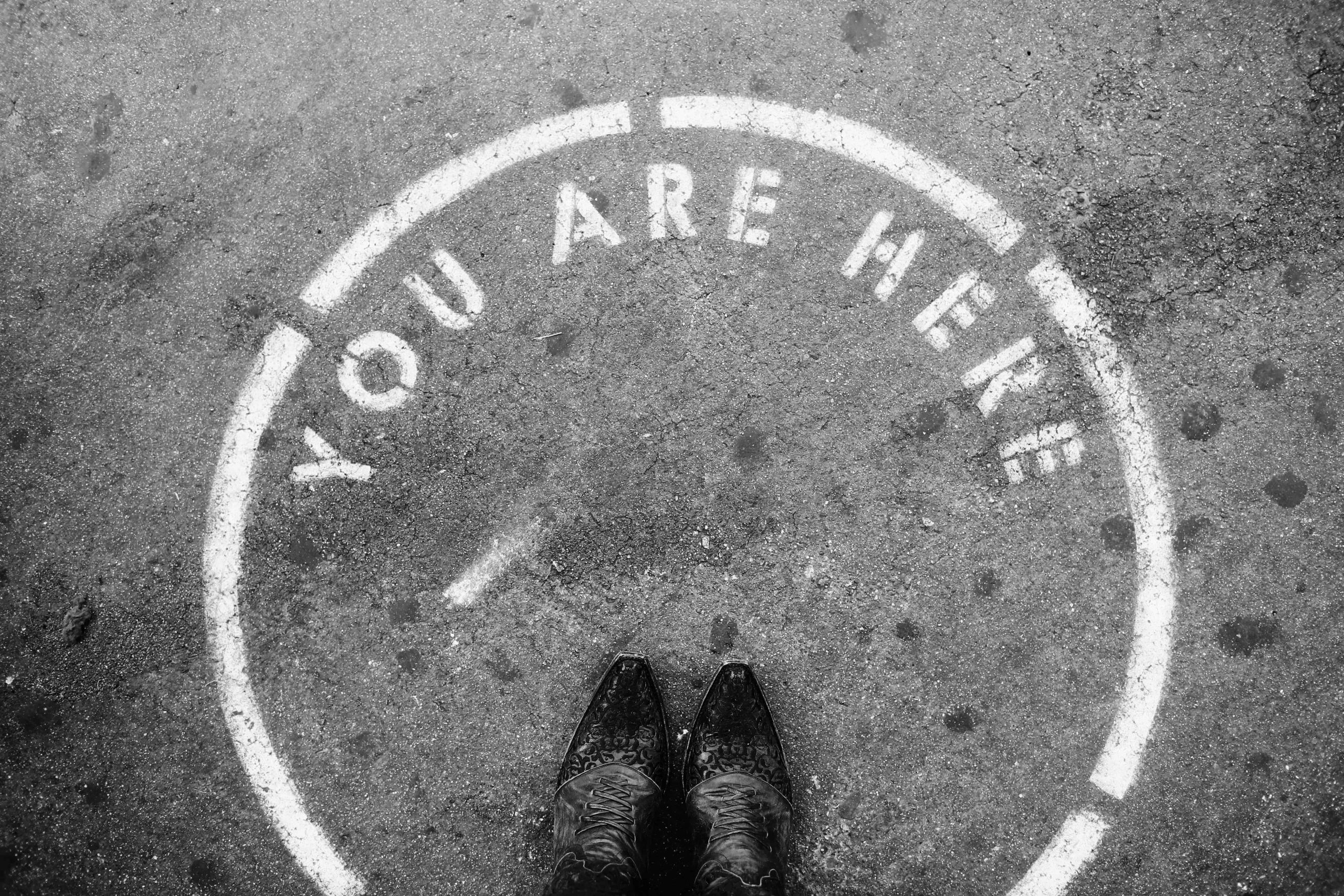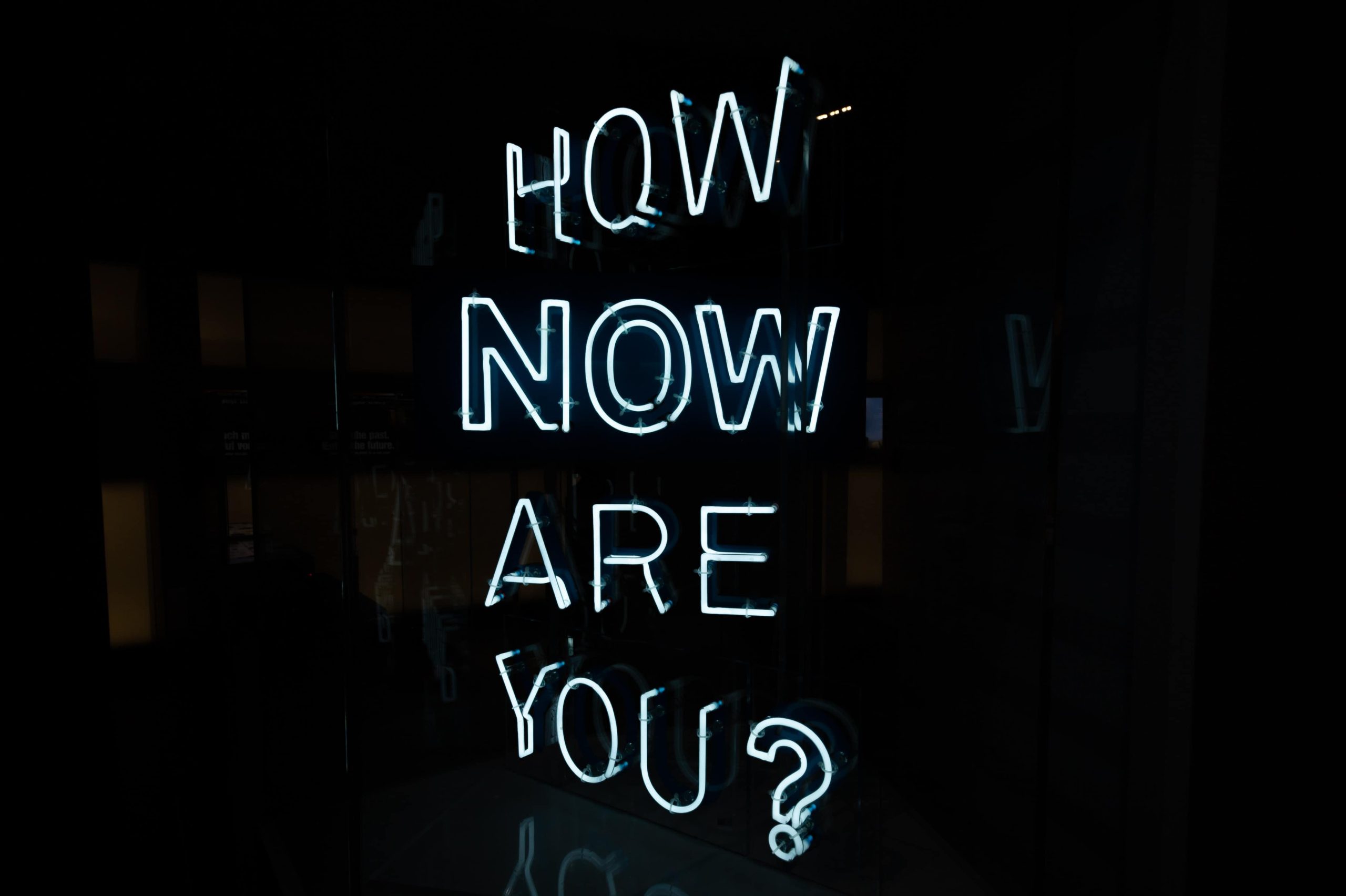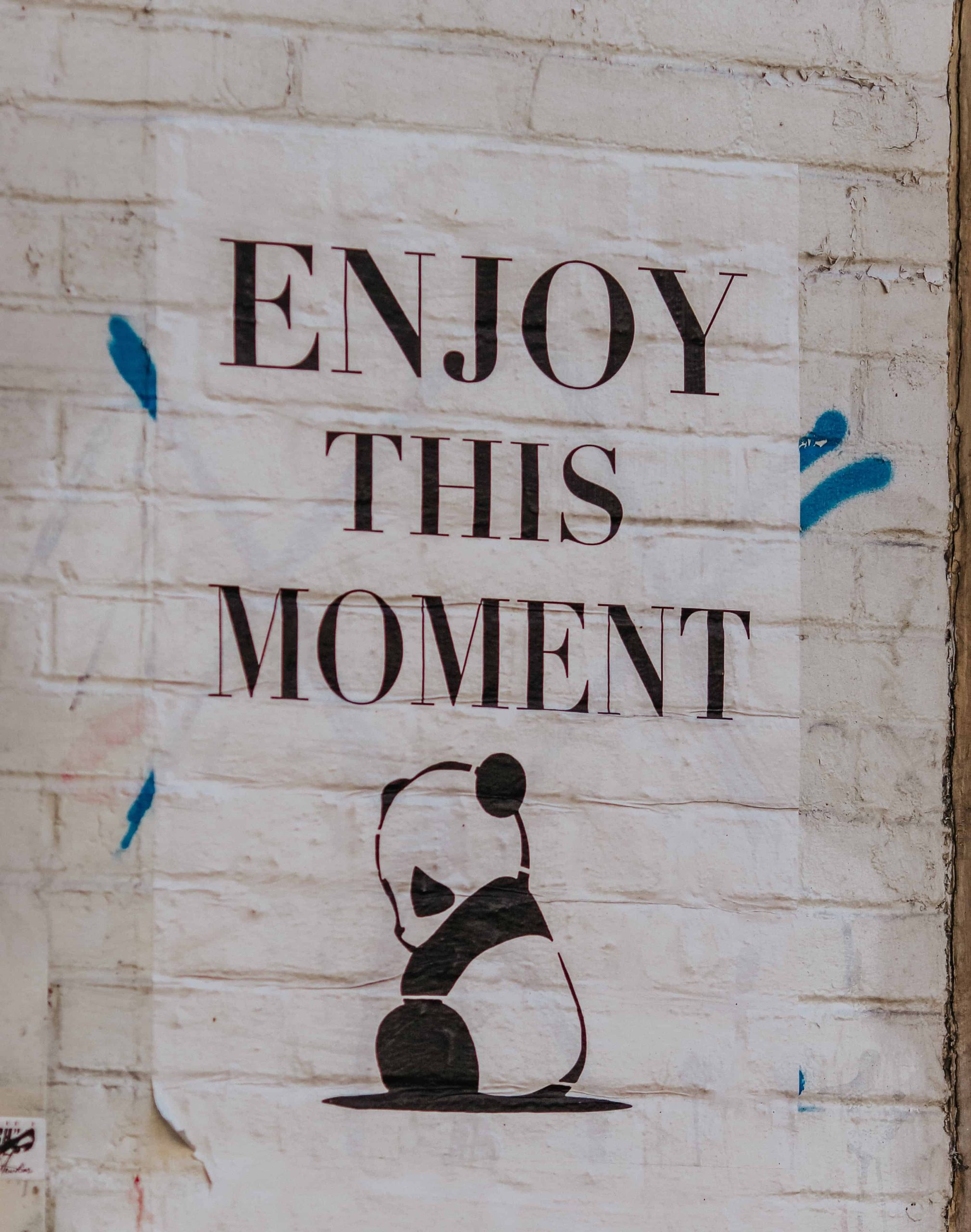Stress can be caused by a variety of factors such as work, relationships, financial issues, and health problems. However, one of the many effective methods for managing stress is by living in the present moment.

This post will explore why living in the present moment is one of the best methods for managing stress, and provide practical tips for incorporating it into your daily life.

What Does It Mean to “Live in the Present Moment”?
Living in the present moment is a topic that has been discussed a lot lately. People are being urged to live in the present moment, and it’s said that there are significant rewards for doing so. But what does it actually mean to live in the present moment? Isn’t everyone already living in the present moment?
It’s important to understand what living in the present moment actually means. It means being fully aware of what’s going on in your life right now. The present moment only lasts for a split second, and it’s important to be mindful of it. The past is gone, and the future is uncertain. All you have is the present moment.
When you’re living in the present moment, you’re not analyzing or judging the situation. You’re not manipulating the experience. You’re fully immersed in the present moment, giving it your complete attention.
Being present means you’re not distracted. If you’re constantly checking your phone or worrying about the future, you’re not present. And that can be dangerous.
The present moment is the only place where there is no time. Everything that has ever happened or will ever happen can only happen in the present moment. Time is frozen in the present moment. Your achievements, failures, successes, and experiences are happening right now.
Living in the present moment is the key to happiness and health. It allows you to understand who you are and appreciate the people in your life. When you fully embrace the present moment, you’ll experience less stress, anxiety, and depression.
Why Living in the Present Moment Reduces Stress
When we focus on the present moment, we are not consumed by worries and anxieties about the past or the future. We are fully engaged in what is happening right now, which helps to reduce stress. Studies have shown that practicing mindfulness, which is the act of being fully present in the moment, can be an effective way to reduce stress and improve overall well-being.
Living in the present moment can also help to improve our relationships. By focusing on the present moment when we are with others, we are better able to listen and communicate effectively. We are also more likely to enjoy the time we spend with others, which can lead to stronger and more fulfilling relationships.

Tips for Living in the Present Moment
Practice Mindfulness Meditation:
It goes without saying that meditation is one of the best methods for managing stress, but Mindfulness meditation is also a powerful tool for living in the present moment. It involves sitting quietly and focusing on your breath and your thoughts. When your mind starts to wander, gently bring it back to your breath. With regular practice, mindfulness meditation can help to reduce stress and improve your overall well-being.
Be Present in Your Daily Activities:
Whether you are eating, walking, or doing household chores, try to be fully present in the moment. Pay attention to the sights, sounds, and sensations around you. This will help you to stay focused on the present moment and reduce stress.
Limit Distractions:
Distractions such as social media, email, and television can pull us out of the present moment. Try to limit these distractions as much as possible. Turn off your phone during meals or when spending time with loved ones. This will help you to be fully present in the moment and reduce stress.
Practice Gratitude:
Focusing on what we are grateful for is a powerful way to stay present in the moment. Take a few minutes each day to write down what you are grateful for. This will help you to stay focused on the positive aspects of your life and reduce stress.
Take Time to Relax:
Taking time to relax is important for reducing stress and staying present in the moment. This can include activities such as yoga, reading, or taking a bath. Find a relaxation technique that works for you and make it a regular part of your routine.


Multitasking Is the Enemy of Being Present
The term “multitask” was coined in 1965 by IBM to describe the capabilities of its System/360 mainframe computer system. In recent decades, multitasking has become a popular way for humans to get things done. However, research has shown that multitasking causes stress, distractions, and a decrease in productivity.
Living in the present moment is important for mental and physical health. Meditation practices that focus on being present have been shown to reduce stress and anxiety. Since every moment of our lives exists only in the current moment, being present gives us the most control over our lives and helps us live our best lives.
Monotasking, or focusing on one task at a time, is the new productivity buzzword. The FOCUS method (Follow One Course Until Success) advocates for dedicating our attention to one activity until it is completed. This focused dedication is similar to embracing the present moment.
Multitasking confuses the mind and leads to decreased efficiency and productivity. It also creates stress and self-resentment when we don’t understand why we aren’t getting a lot done. Multitasking prevents us from truly being present in the moment and realizing our goals for our dream reality.
To truly embrace life, we should stop multitasking and focus on the present moment. This leads to greater fulfillment, success, and productivity. By focusing on one task at a time, we can achieve our goals and live our best lives.


Living in the Moment Doesn’t Mean Abandoning Future Plans
Living in the present moment is often touted as a way to improve mental and emotional well-being. However, many people mistakenly believe that this means abandoning future plans. In reality, living in the moment and planning for the future can coexist.
Think back to a recent experience, big or small. When you were living that moment, it was the present. Now, it exists only as a memory in your past. All of your existence takes place in the present moment. An hour from now, that moment will be the present.
While you can’t change the past or predict the future, you can use the past to prepare for the future. It’s important to plan for the future, even though it’s not here yet. When your future becomes the present, you can take action to affect your reality.
But don’t spend every moment obsessing over the future. Schedule time to plan and set goals. Use past experiences to guide your present planning. Then, when your future becomes the present moment, you’ll be prepared to make the most of it.

Present Moment Awareness Means Not Believing This Half-Truth
In the world of self-help and self-improvement, Jim Rohn is a well-known figure. His teachings on developing the right mindset and habits for success have inspired millions of people to transform their lives for the better. However, one of his most famous quotes, “You are what you think about most of the time,” is only a half-truth.
While it is true that our thoughts can influence our actions and ultimately shape our reality, it doesn’t have to be that way. We have the power to choose which thoughts we act on and which ones we ignore. By living in the present moment, we can avoid getting caught up in our thoughts and instead focus on experiencing and interacting with the world around us.
The human brain generates thousands of thoughts every day, and it’s impossible to act on all of them. Instead of letting our thoughts control us, we can choose to be mindful and fully present in the moment. By doing so, we can avoid feeling overwhelmed and anxious about the future or dwelling on the past.
Ultimately, it’s up to us to decide which thoughts we give power to and which ones we let go. By living in the present moment and being mindful of our thoughts, we can take control of our reality and create the life of our dreams.

Taking Small Bites Out Of the Past Can Help You Live in the Present
Living in the present moment can also be described as having “present moment awareness” where you are fully immersed in the current moment without any thoughts of the past or future. This involves using all your senses without any judgment or analysis. This can be done at any activity, whether at work, home or play. You can still work towards your goals but not let your past distract your attention.
To achieve present moment awareness, one way is to consume your past in small, bite-sized pieces. It is essential to have a good reason for reminiscing about the past and not obsess about it. Small doses of reminiscing can help you learn from successes and failures in the past and also get the most out of your present moment.
When you find your mind retreating to the past during busy days, take control and tell yourself that you will revisit the situation later. You can do the same thing if you are constantly worrying about future events. Give yourself a little time every morning or evening for reminiscing. Be fully present in that activity and then return to the present moment in time. This helps you have a richer life by reducing stress and living in the present moment.

Spend Some Time with Mother Nature to Embrace the Present Moment
In today’s world, achieving present moment awareness can be quite challenging due to the numerous distractions that demand our attention. Even when we find a quiet place to be alone with our thoughts, our inner voice never stops talking. It’s estimated that the average person has thousands of random thoughts daily, and with the increase in emails and marketing messages, it’s no wonder we find it hard to be present.
Spending time in nature is one way to achieve present moment awareness and reduce stress and anxiety. When we embrace the present moment, we gain more mental focus and control over our lives. The future and past are elements of time that we have no access to; we only have this moment right now, which continues as we move through life.
As natural beings, there is an undeniable link between us and the natural world. Engaging with Mother Nature is one of the best ways to center ourselves in the present moment and reduce stress. Science supports this recommendation, as studies have shown that spending just 10 to 15 minutes in a grassy field, forest, or on a beach immediately lowers stress levels.
Communing with nature helps clear our minds and focus on what’s going on around us. We can look at the bushes, trees, and animals we encounter and truly experience them, being mindful of every detail, sight, smell, and sound. This practice helps us let go of the problems we thought we had and enjoy more self-realization, less self-involvement, and more natural energy and positive emotions.
Taking some time to be present with Mother Nature is crucial in achieving present moment awareness. It allows us to reduce stress and anxiety and live a more fulfilling life. So, take a mindful walk in nature and enjoy all the benefits it has to offer.

Conclusion
Living in the present moment is a powerful tool and one of several methods for managing stress and improving overall well-being. By focusing on the present moment, we are not consumed by worries and anxieties about the past or the future. Instead, we are fully engaged in what is happening right now. Incorporating mindfulness meditation, being present in daily activities, limiting distractions, practicing gratitude, and taking time to relax are all practical ways to live in the present moment and reduce stress. Start incorporating these tips into your daily routine and see the positive impact it can have on your life.
More From This Category
Affirmations as One of the Methods of Managing Stress
Of all the methods for managing stress, using affirmations can be a one of the most powerful. In this Post we'll talk about using Affirmations as one of many methods of managing stress. We'll dig into the what, why, when and where of Affirmations, and also uncover the...
4 Easy Ways To Use Your Brain To Reduce Stress
Can you use your brain to reduce stress? Yes you can... So, you’ve probably heard about the phenomenon called “being overly attached to your phone”? This happens when you become so attached to your phone that you can't pay attention to anything else. We have become so...



0 Comments